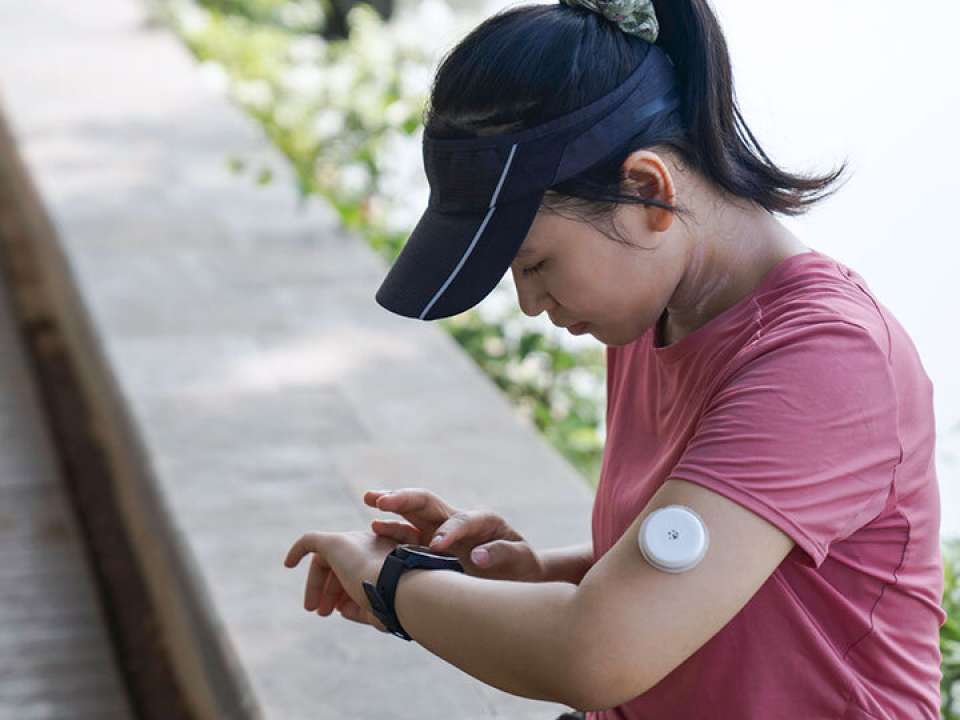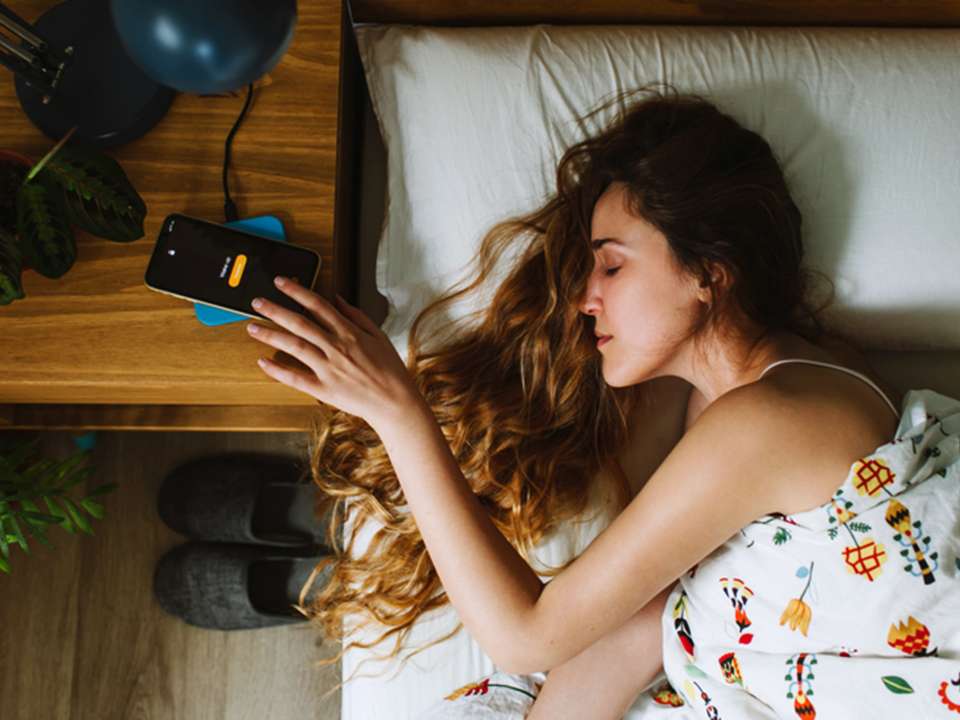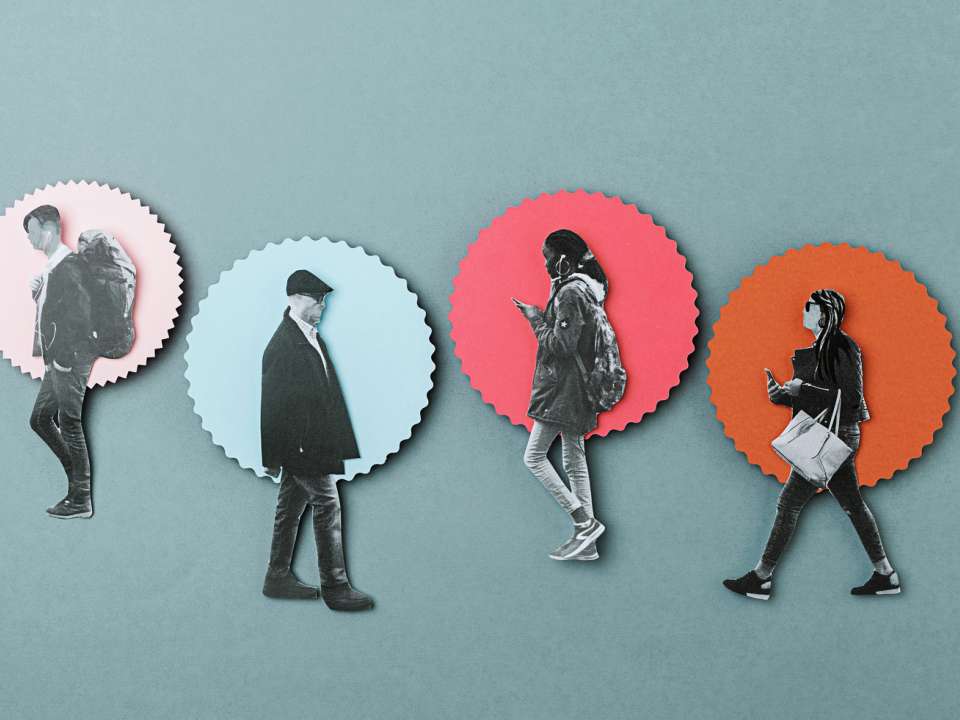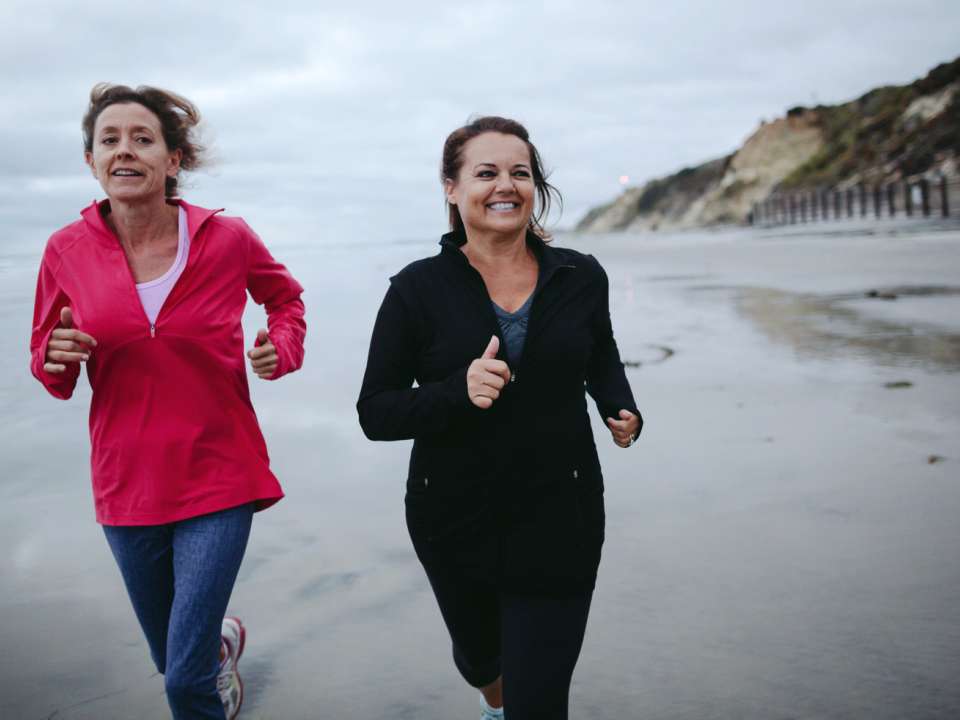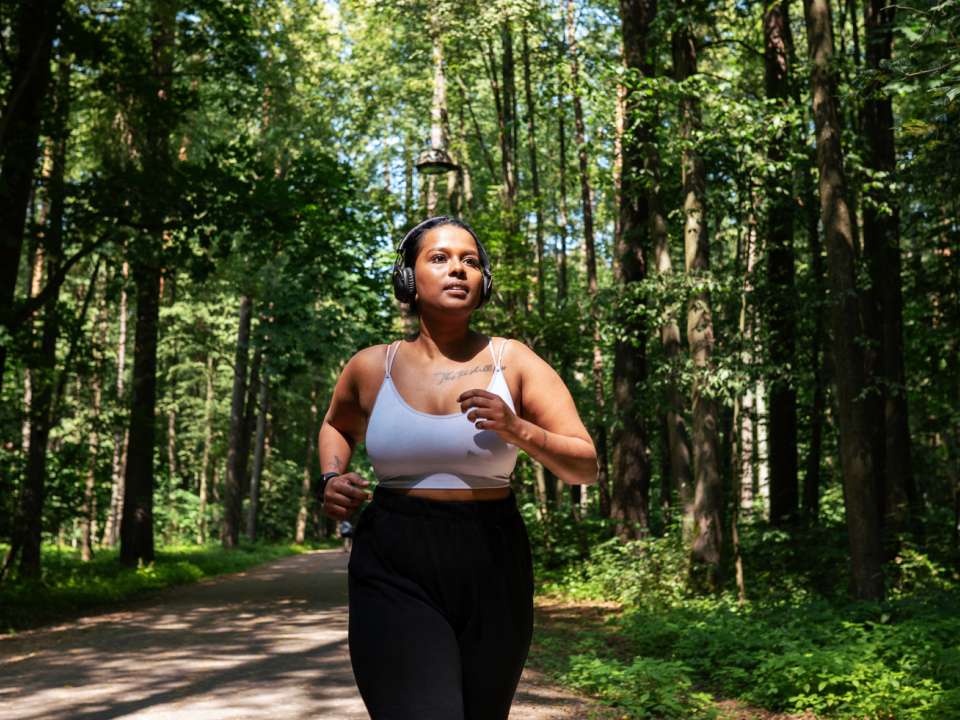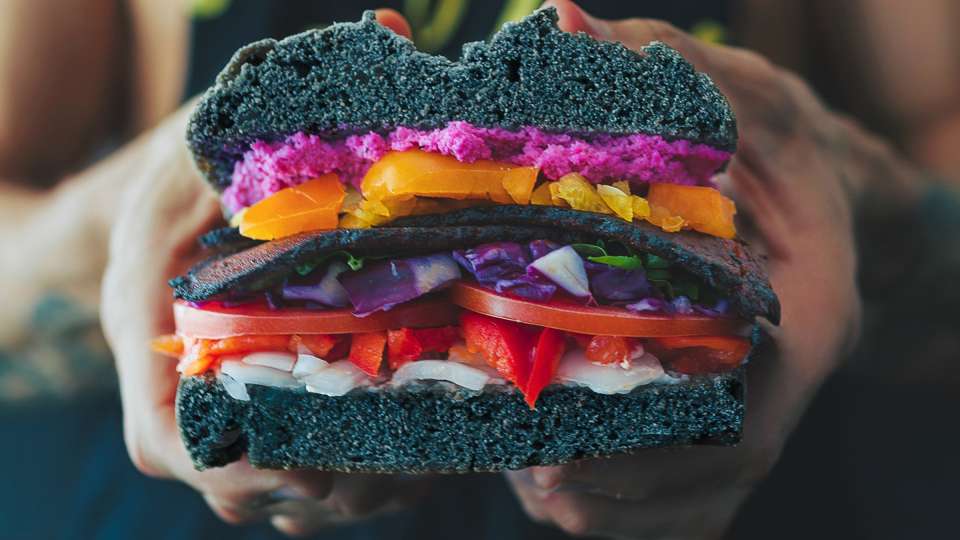
Charcoal is hot right now—as in, it’s having a moment. No, not in your campfires or stoves, but in your food, drinks and personal care products. You can find activated charcoal in pretty much anything these days, from face cleanser to toothpaste to cocktails—and even ice cream. Activated charcoal is similar to the charcoal in your barbeque, except it is manufactured specifically for medicinal use.
Why? Some people claim it has health benefits, including removing toxins from the body and skin. The trend is most popular among millennials.
Charcoal can save lives…
Charcoal is a detoxifier, says Lingtak-Neander Chan, PharmD., a professor at the University of Washington School of Pharmacy. But it is typically used for a more serious purpose: as an antidote.
“Twenty-five grams is the dose we start using in treating patients in the emergency department for suspected poisoning,” says Chan.
If charcoal is used to literally save lives, it must be safe to eat, right? Well, probably.
“If you go to an ice cream store and see charcoal colored ice cream, I think you can have fun and enjoy it,” Chan says.
…but beware of medication interactions
However, you may want to exercise caution if you take any kind of medication, including birth control pills. Charcoal works to rid the body of poisons by binding to foreign substances in the gut—but that’s true for any foreign substance, not just unwanted ones. So if you take your birth control around the same time you eat charcoal, the charcoal could bind to the hormones in your pill and render them ineffective.
If you want to consume charcoal, Chan recommends doing so in small amounts. Try to avoid taking more than 10 grams of activated charcoal within the same hour as your pill. For reference, the amount of charcoal in a single supplement capsule is typically less than 600 milligrams, or 0.6 grams.
In small amounts, charcoal is relatively safe in most foods and personal care products like toothpaste, Chan says. However, he adds, there is currently no research showing that charcoal has the purported health benefits people claim it does.
For Judy Simon, R.D., a UW Medicine dietitian, the “better safe than sorry” mentality comes into play. Since there is no proof charcoal will make you healthier but there is the possibility it could interfere with important medications, Simon says she is inclined not to recommend it.
“If I saw it in food, I think I would pass. It’s not one of those things I feel is a natural food source,” she says.
For now, it remains to be seen whether charcoal is a fad that burns out sooner rather than later or a phenomenon that ends up being scientifically legitimized.

 Healthy ideas for your inbox
Healthy ideas for your inbox
